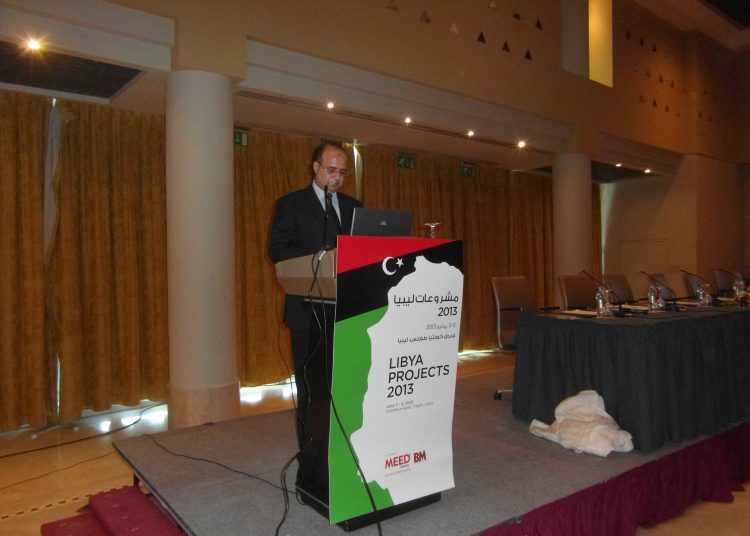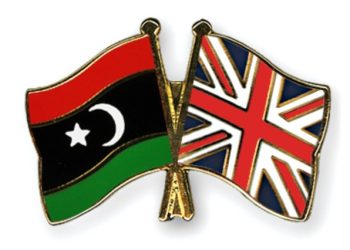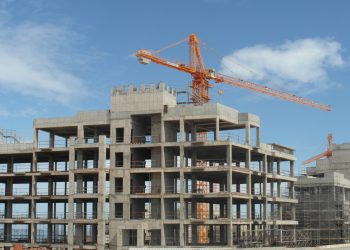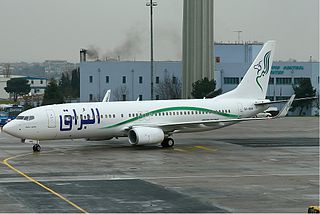By Hadi Fornaji.
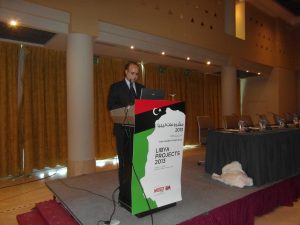
Tripoli, 4 June 2013:
Libya is committed to the private sector and to freedom of trade as the basis of . . .[restrict]the economy, Deputy Prime Minister Awad Barasi has said.
Giving the keynote speech at the opening of a business conference in Tripoli today, he stated that the government had to make changes in the way the economy operated to enable it to move forward. However, he stressed that it was currently passing through a “critical period”. Security was at present the single most important issue confronting the country, he said.
The two-day conference, Libya Projects 2013, organised by the MEED publishing group, drew a significant attendance from the Libyan private and state sectors as well as from foreign companies.
In his keynote address, the Housing and Utilities Minister, Ali Hussein Shareef, indicated that unfinished housing projects would be completed but there were major challenges in doing so. The Qaddafi regime had built so many of them and other projects completely randomly. It was taking time to sort everything out. It could not be allowed to happen again, he said. He too indicated that the country would depend in future on the private sector.
There are a number of cases of housing developments, as yet unfinished, where no provision was made for sewerage connections or water and electricity supplies.
The third minister to address the conference today, Planning Minister Almehdi Agnaia, said that the government was willing to activate projects drawn up by the past regime but there had been a lack of a coherent vision and of services to the public. This was having a negative effect on the economy. The priority was to reform the economy. “We aspire to build an economy that is competitive, that has good GDP and with low inflation ad low unemployment,” he said.
Earlier, in his speech, Barasi said that unemployment is Libya was at 15 percent, a figure lower than has been generally reported.
Endorsement for the role and the capabilities of the Libyan private sector came from several other speakers. Chuck Dittrich of the US Libya Business Association said that the private sector was increasingly active and growing fast despite the apparent lack of state action at present.
Acting Congress President Jumaa Ateega is due to speak at the conference tomorrow, as are Deputy Prime Minister Sadiq Abdulkarim Abdulrahman and the Chairman of the Central Bank, Saddek Elkaber. [/restrict]
